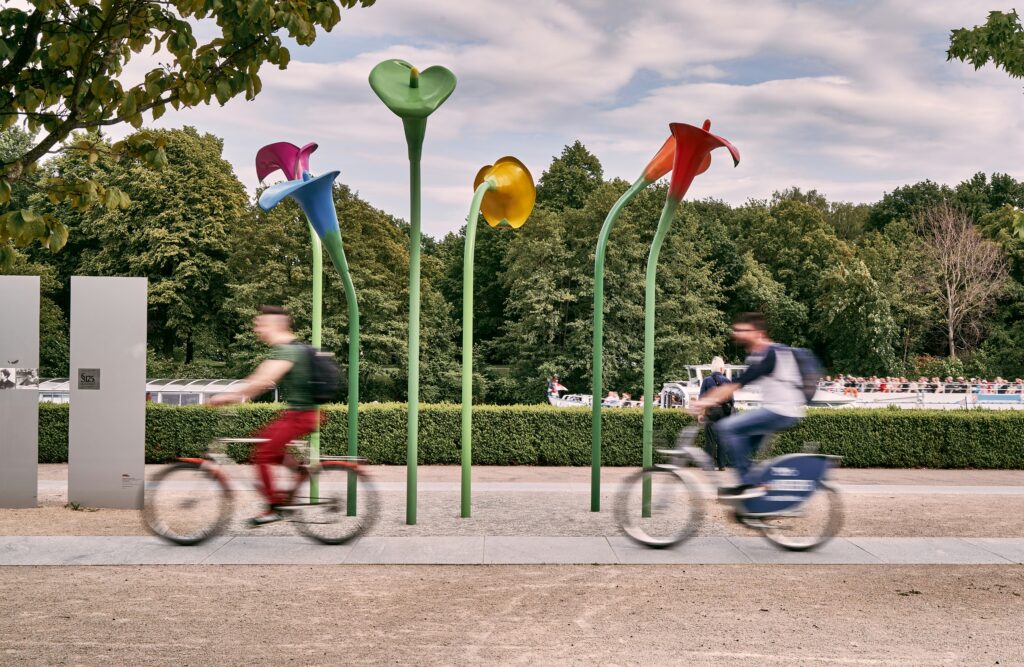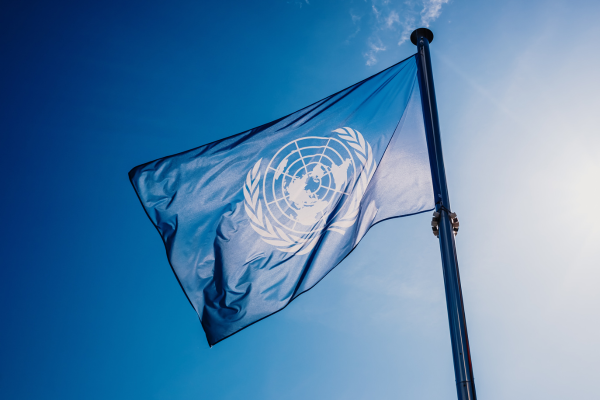This Earth Day is different.
Today, our planet is 1.2°C hotter than in the early 1900s. Scientific evidence shows that Earth has crossed six of nine planetary boundaries that keep our planet stable.
Scientific evidence also shows that multiple irreversible tipping points are perilously close. Within the range of the Paris Agreement on climate of 1.5°C to 2°C, we are in the risk zone for irreversible collapse of Greenland and important parts of Antarctica condemning future generations to as much as ten meters of sea level rise.
We can now count in months the remaining carbon budget to stabilise the climate at around 1.5°C. Just 75 months are left. We are burning our carbon budget at over 1% per month. The Earth as we have known it since the dawn of civilization is disappearing in the rear view mirror of our fossil-fuelled SUVs.
In March, the world’s foremost authority on this issue, the Intergovernmental Panel on Climate Change (IPCC), warned that the window for a livable future on Earth is closing rapidly.
Impact on countries like Italy, a peninsula increasingly prone to droughts and extreme weather events, could be devastating. Human and economic costs will be difficult to bear.
But there is hope. The IPCC also concluded that cutting emissions 50% by the end of this decade is not only technically feasible, it is an affordable investment, providing a stable future, with a chance of improved wellbeing and security for all. Continuing business as usual eventually shuts the door to prosperity, equity and stability. It is our duty as responsible citizens, companies and governments to do everything we can to reduce emissions and secure carbon sinks in nature, as fast as possible. For the sake of this generation and all generations that come after us.
Technological solutions alone will not be enough. Behavioural change is necessary, and solutions must be just or they will fail. We need to bring citizens along in this journey.
We wrote the book “Earth For All” to explore what are the minimum requirements for a fair and just economic system transformation. We concluded that five extraordinary turnarounds are needed, starting now.
It is crucial to transform the energy system and rapidly scale wind and solar power, and electrify everything that can be electrified in all societies. In our turbulent world, exiting fossil fuels also means increasing the autonomy of a country to provide safe and cheap energy for its citizens.
But an energy transition would not be enough. Temperatures will continue to rise unless we also address our unsustainable relationship with nature, especially caused by our food system. Roughly 80 percent land-based emissions reductions are contingent on transforming the global food system, the largest driver of deforestation and a major driver of emissions. Returning to a more traditional Mediterranean diet rich in fruit and vegetables will not only have a massive positive impact on climate, but also on our health. As will reducing food waste and regenerative farming.
In Earth4All, we propose three further strategic turnarounds: firstly, to empower women everywhere, as gender equity is an essential ingredient for resilient, healthy societies, with balanced demographics.
Then, addressing wealth and income inequality. Around half of the global carbon emissions are driven by the 10% richest. The levels of inequality in society today can have a destabilising effect, reducing trust in governments and contributing to rising social tensions. In our scenarios for this century, social tensions continue rising unless inequality is addressed.
Then, a massive turnaround on poverty. We need to accelerate economic development in low-income countries. This means reform of the World Bank and International Monetary Fund to derisk investment in these countries, with a particular emphasis on energy and food system revolutions, and addressing debt (which rose to 8.7 trillion USD for low and middle-income countries in 2020, according to the World Bank).
The Earth For All proposal is simply the handful of the absolute essential transformations, not a precise blueprint. It is not utopia. It is possible. Every country needs to find their own path based on these transformations. Nothing less will do if we are to secure a safe and just planet within planetary boundaries.



